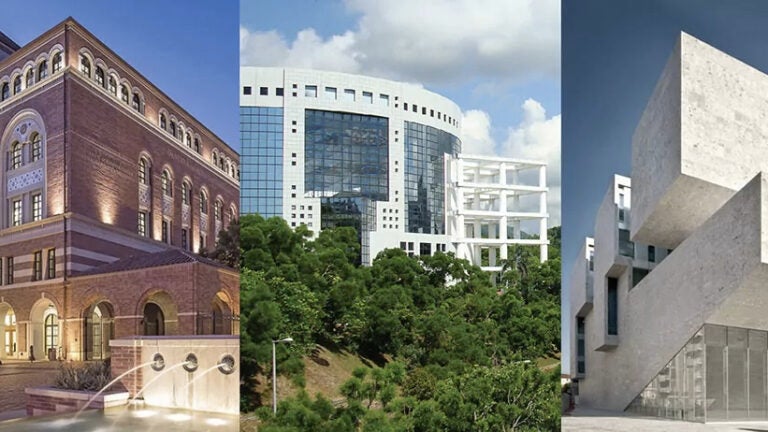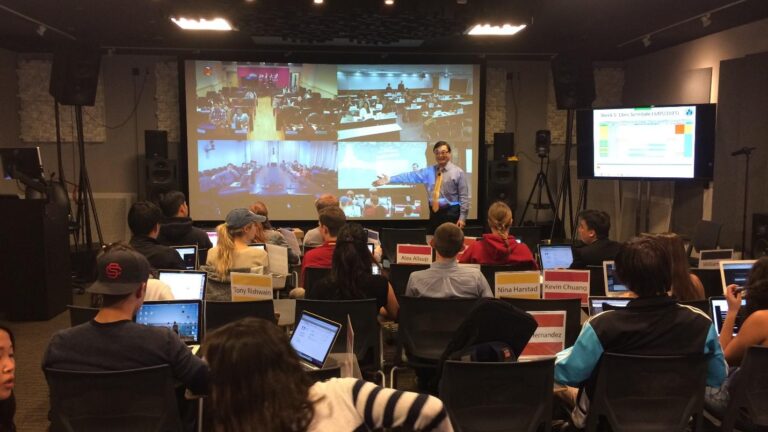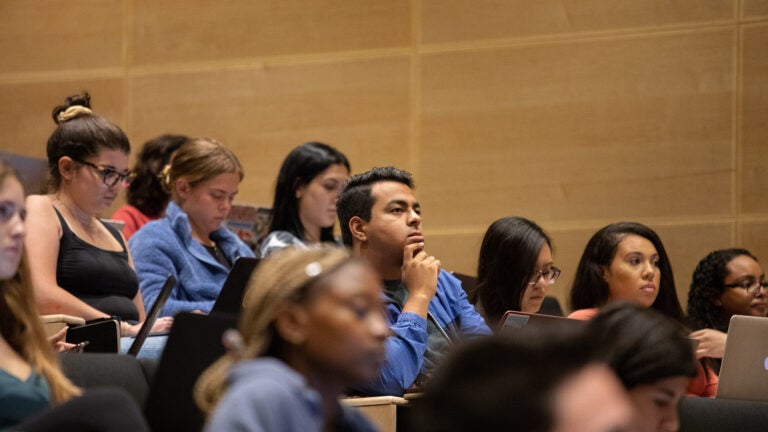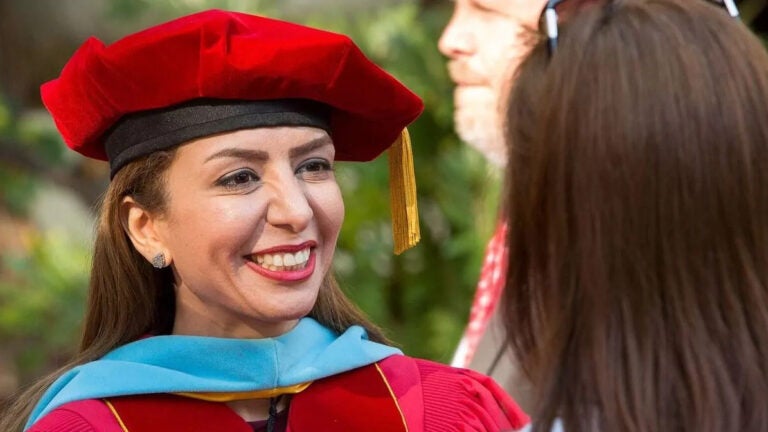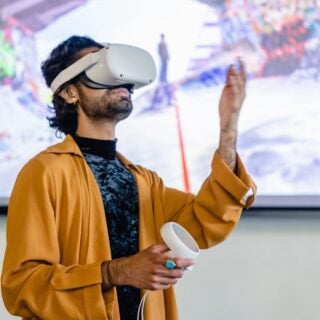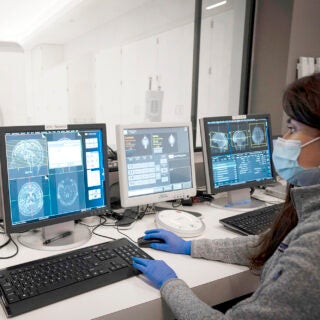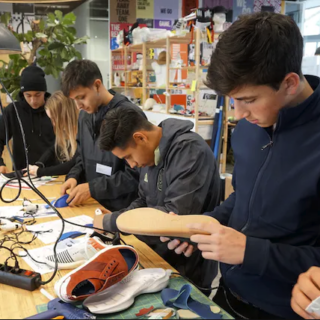Global Engagement
USC knows no boundaries. Our international networks, featured programs, centers and institutes, globally oriented curriculum and emphasis on new technologies give students the confidence and resources to think big. Breaking down geographic barriers through innovative, experiential learning is simply what we do.

USC Global Database
Browse our worldwide partnerships, international programs and research centers to learn about the many ways USC’s global community can enrich your student experience. We partner with leading universities, institutions and consortiums to keep you plugged in with movers and shakers across the globe.
I’ve never come in contact with a wider variety of people in my life. I now have a greater appreciation for the many different ways people go through life and a better understanding of what I’m doing with my own.
Matthew Prusak, USC Global Fellows Internship Program, Hong Kong
USC Featured Programs
USC Research Centers and Institutes
USC’s commitment to research knows neither boundaries nor borders, extending around the world to learn from the past while building for the future.
-
The USC Korean Studies Institute’s mission is to explain Korea to the world by fostering education and research about Korea. Focusing on both historical and contemporary issues, KSI seeks to increase the visibility of Korean studies through its student and faculty support and ambitious public programming. Learn more.
-
The USC US-China Institute informs public discussion of the evolving and multidimensional US-China relationship through policy-relevant research, graduate and undergraduate training, and professional development programs for teachers, journalists, and officials. It produces compelling public events, widely-viewed documentary films, and the popular magazines US-China Today and Asia Pacific Arts. Learn more.
-
The USC Ito Center promotes the study of Japanese religions and culture through faculty-led research and publications, public conferences and events, supporting graduate students, offering postdoctoral fellowships and hosting visiting scholars. Learn more.
-
The USC Dornsife College of Letters, Arts and Sciences established the East Asian Studies Center (EASC) in 1975 to provide dedicated leadership, coordination and support for the growing interdisciplinary education, research activity, and community outreach concerning East Asia. In addition to being an academic department, EASC has been recognized as one of the nation’s leading centers for the development of East Asian area studies and is among a small group of elite colleges and universities to be designated a National Resource Center for East Asian studies by the U.S. Department of Education. Learn more.
-
With partnerships spanning the globe, the USC Shoah Foundation works to overcome prejudice, intolerance and hatred — and the suffering they cause — through programs that include collecting eyewitness accounts of the Holocaust and other genocides, which are then widely shared through the latest technology. Learn more.
-
The USC Institute on Inequalities in Global Health advances a broad agenda of training, capacity building, research and policy development. By drawing on USC’s passionate and dedicated faculty, physicians and students, and partnering with global-health experts across the nation and the world, the institute engages and supports the USC community in a wide range of educational programs, collaborative projects, global health grants and volunteer experiences. And it enables students and faculty to create research and training partnerships of their own to promote healthier communities worldwide. Learn more.
USC and India
The USC and India: Partner the Future mission deepens a long-standing relationship between two powerhouses of global education and innovation.

Technology Leader
Globally, USC is a sought-after collaborator for emerging creative technologies such as world-class game design, new frontiers in neuroscience and technology-driven products born from the arts, innovation and business.

